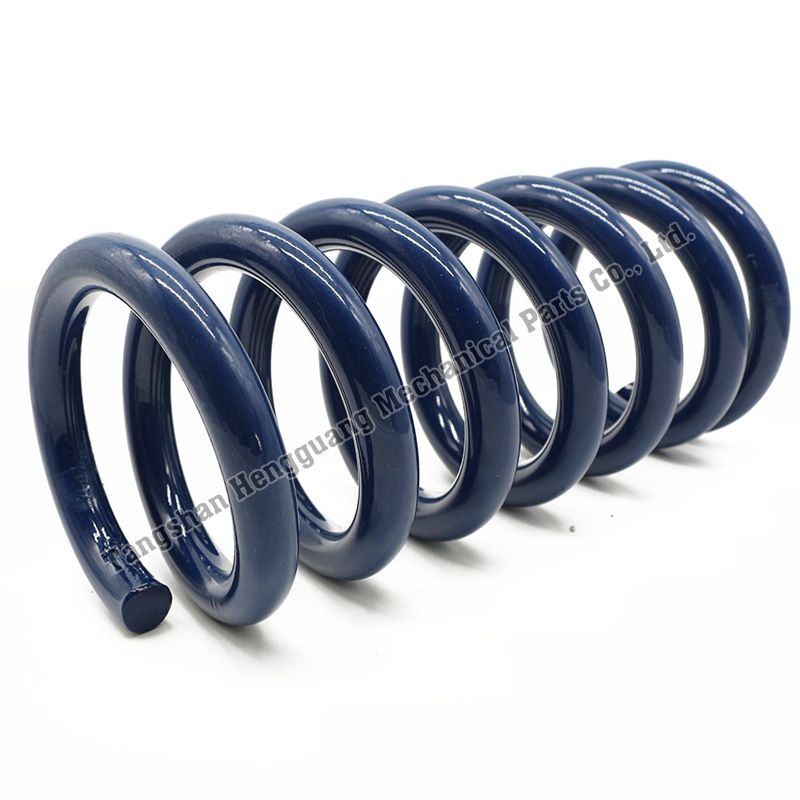Sep. 07, 2023
Automobiles & Motorcycles
Determining if your coil springs are bad or worn out is essential for maintaining your vehicle's safety and performance. Coil springs play a critical role in supporting the weight of your car and providing stability. Here are some signs and methods to help you assess the condition of your coil springs:
1. Visual Inspection: Inspect the coil springs for visible signs of damage or wear. Look for the following:
Cracks or fractures in the spring material.
Signs of rust or corrosion.
Uneven wear or sagging of the springs.
Broken or missing coil windings.
2. Ride Quality: Pay attention to how your vehicle rides. If you notice any of the following issues, it could indicate problems with the coil springs:
Excessive bouncing or bouncing that continues after hitting a bump.
A harsh or stiff ride, which can be a sign of worn-out or damaged springs.
Uneven ride height, with one side of the vehicle appearing lower than the other.
3. Suspension Noise: Listen for unusual noises coming from the suspension while driving. Worn or damaged coil springs may produce clunking, squeaking, or knocking sounds when going over bumps or turning.

4. Tire Wear: Inspect your tires for uneven wear patterns. If the coil springs are not providing proper support and balance, it can lead to uneven tire wear. Look for signs of wear on the inner or outer edges of the tires.
5. Vehicle Sagging: If your vehicle appears to be sagging on one side or the rear, it can be a clear indication of a damaged or broken coil spring. Uneven ride height is often a sign that the springs are not supporting the weight of the vehicle correctly.
6. Handling and Stability Issues: Worn or damaged Auto coil springs can affect your vehicle's handling and stability. You may experience issues like excessive body roll during cornering, reduced steering responsiveness, or a feeling of instability while driving.
7. Bottoming Out: If your vehicle frequently "bottoms out" or hits the bump stops when going over potholes or rough roads, it may indicate that the coil springs are no longer providing sufficient support.
8. Mileage and Age: Consider the mileage and age of your vehicle. Coil springs, like all components, have a finite lifespan and can wear out over time. If your vehicle has high mileage or is several years old, it's worth considering a spring inspection.
9. Professional Inspection: If you suspect issues with your coil springs or notice any of the signs mentioned above, it's advisable to have your vehicle inspected by a qualified mechanic or suspension specialist. They can perform a thorough examination of the springs and the entire suspension system to identify any problems accurately.
Remember that coil springs are a critical part of your vehicle's suspension system, and their condition directly impacts ride comfort, handling, and safety. Promptly addressing any issues with your coil springs can help ensure your vehicle operates safely and efficiently.
If you are interested in sending in a Guest Blogger Submission,welcome to write for us!
All Comments ( 0 )